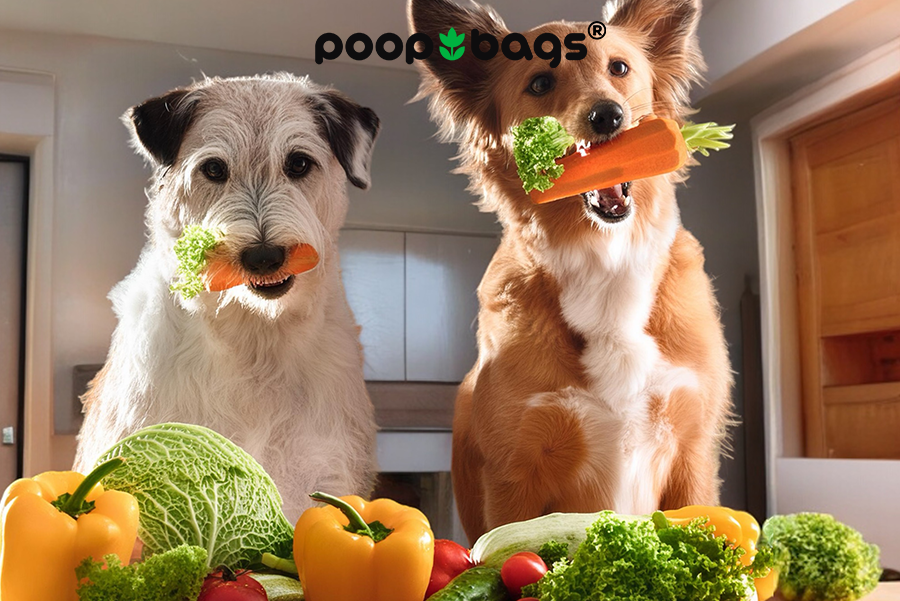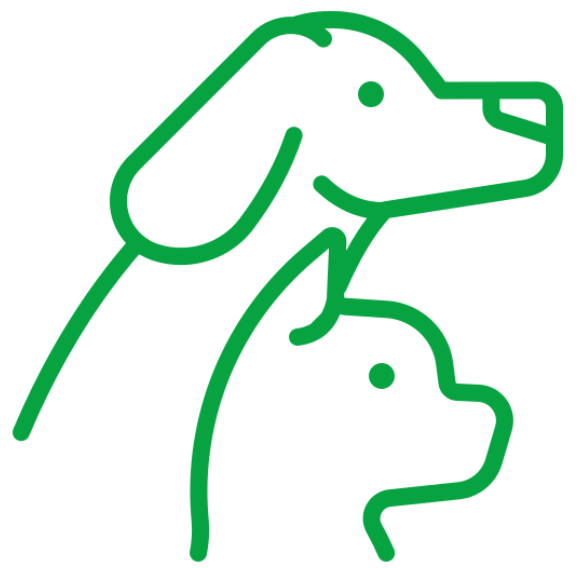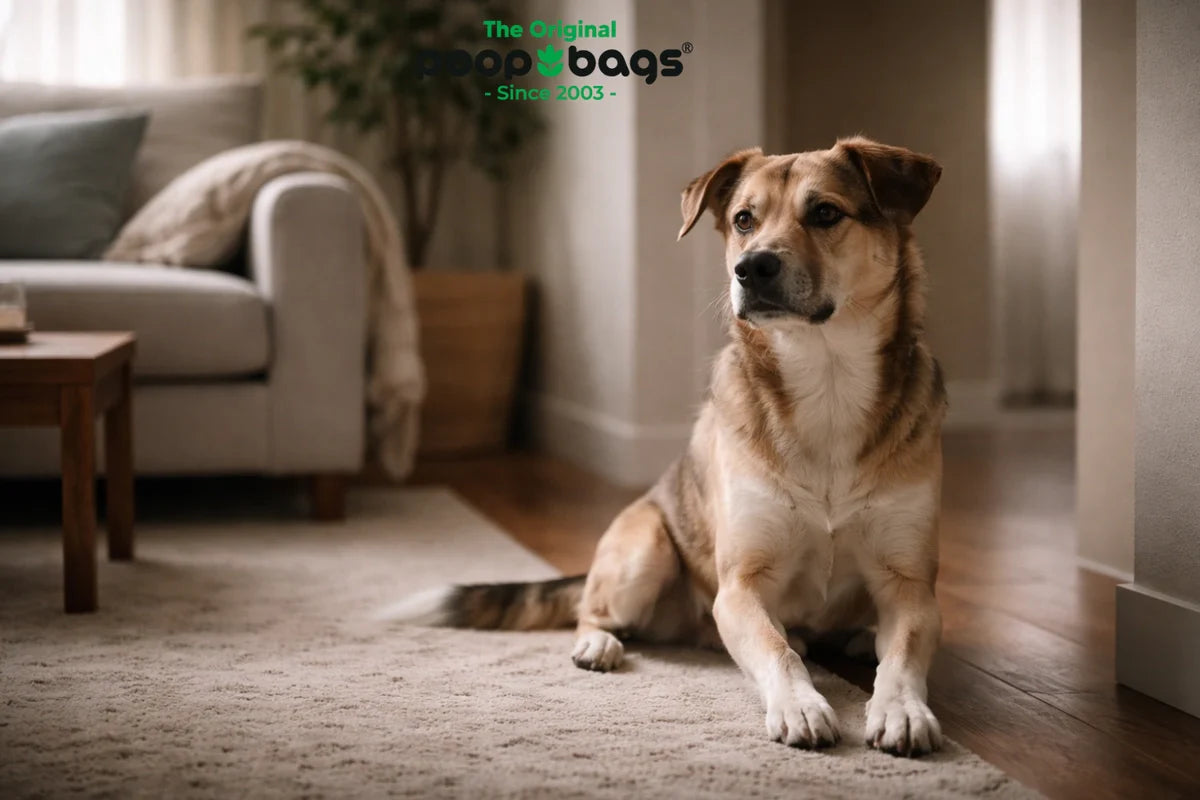As dog owners, we are always on the lookout for the best ways to keep our furry friends healthy and happy. While meat is a staple in their diet, incorporating vegetables can offer numerous health benefits. In this blog post, we will explore the reasons why vegetables are a great addition to your dog’s diet and which ones are safe and beneficial for them.
Why Should Dogs Eat Vegetables?
-
Nutrient Boost: Vegetables are packed with essential vitamins, minerals, and antioxidants that can enhance your dog's overall health. For example, carrots are rich in beta-carotene, which is good for their eyesight, while leafy greens like spinach provide iron and calcium.
-
Digestive Health: Many vegetables are high in fiber, which can aid in digestion and help maintain a healthy weight. Fiber can also prevent constipation and promote regular bowel movements.
-
Weight Management: Vegetables are low in calories and can be a great way to fill up your dog without adding extra pounds. This is particularly useful for dogs that need to lose weight or maintain a healthy weight.
-
Hydration: Vegetables like cucumbers and celery have high water content, which can help keep your dog hydrated, especially during hot weather.
Safe and Beneficial Vegetables for Dogs
-
Carrots: A great low-calorie snack, carrots are rich in fiber and beta-carotene, which promotes healthy eyesight.
-
Green Beans: They are low in calories but high in fiber and vitamins C and K, making them a healthy treat for your dog.
-
Sweet Potatoes: Packed with vitamins A and C, sweet potatoes are excellent for your dog’s skin and coat. They also contain antioxidants that support overall health.
-
Pumpkin: Pumpkin is fantastic for digestive health. It’s rich in fiber and can help with both diarrhea and constipation.
-
Peas: Peas are a good source of vitamins A, B, and K. They are also high in protein and fiber.
-
Broccoli: In small amounts, broccoli can be a good source of fiber and vitamin C. However, it should be given in moderation to avoid digestive issues.
How to Introduce Vegetables to Your Dog’s Diet
-
Start Slowly: Introduce vegetables gradually to avoid any digestive upset. Start with small amounts and observe how your dog reacts.
-
Cook or Raw?: Some vegetables are best served cooked to make them easier to digest. For example, carrots and sweet potatoes can be steamed or boiled. Others, like cucumbers and green beans, can be served raw.
-
Mix with Regular Food: Incorporate vegetables into your dog’s regular meals. You can mix them with their kibble or wet food to make it more appealing.
-
Use as Treats: Vegetables can be used as healthy treats. Instead of giving them store-bought treats, try offering small pieces of carrots or green beans.
-
Avoid Seasoning: Never add salt, spices, or other seasonings to the vegetables. Dogs’ digestive systems are sensitive to these, and it can cause health issues.
Vegetables to Avoid
Not all vegetables are safe for dogs. Here are some to avoid:
- Onions and Garlic: Both can cause anemia in dogs.
- Mushrooms: Certain types of mushrooms can be toxic.
- Avocado: Contains persin, which can be toxic to dogs.
- Tomatoes: The green parts contain solanine, which is harmful to dogs.
Conclusion
Incorporating vegetables into your dog’s diet can provide numerous health benefits, from better digestion to improved overall well-being. However, it’s important to know which vegetables are safe and how to introduce them properly. Always consult your vet before making significant changes to your dog’s diet to ensure it meets their specific health needs. By adding a variety of dog-friendly vegetables, you can give your furry friend a nutritious and delicious boost to their daily meals.









